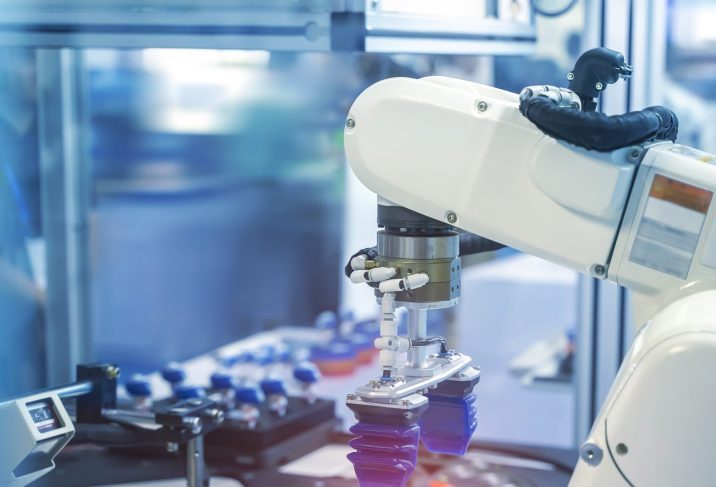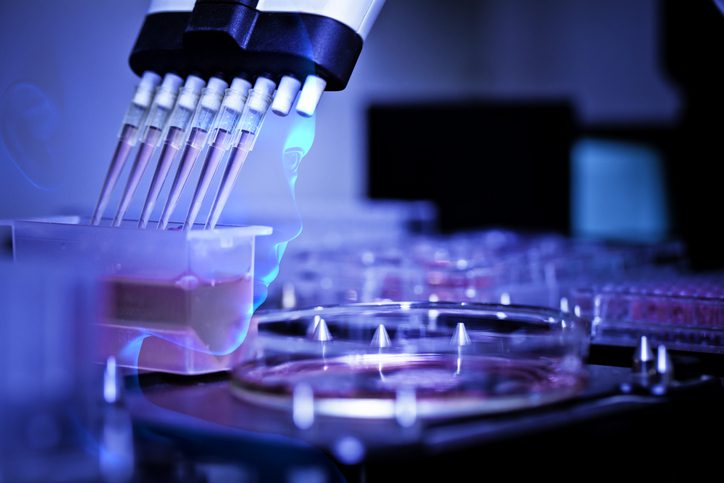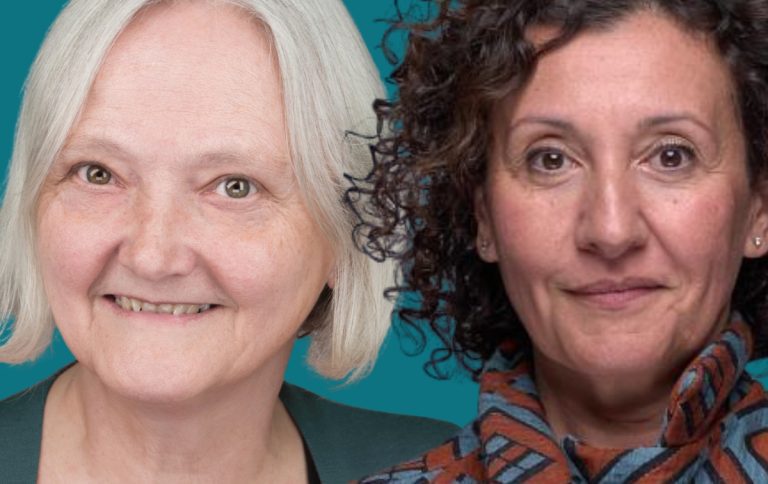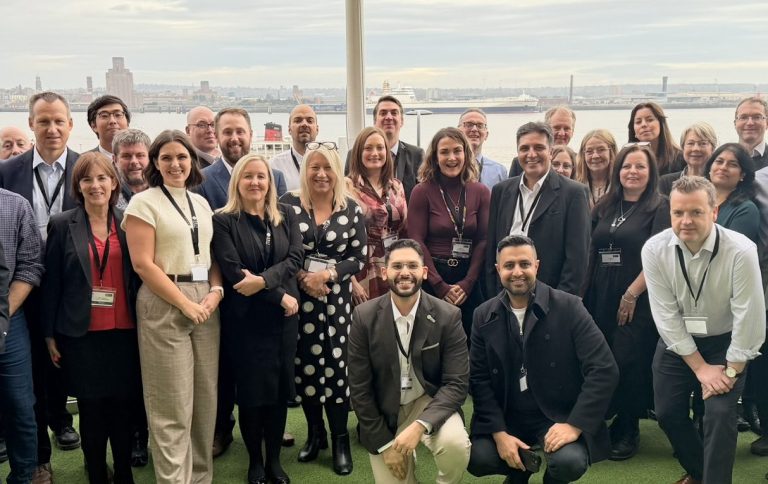- Find our latest Case Studies
- Our Platforms
Key supplier appointed for one of UK’s first Cat 3 robotic AI laboratories

iiCON and Liverpool School of Tropical Medicine have reached a key early milestone in the design and development of one of the UK’s first Category Three, robotic AI laboratories with the appointment of a key supplier to deliver the new facility.
HighRes Biosolutions, a global leader in lab automation, has been selected as automation partner for the groundbreaking new Liverpool Robotic Infection Research Laboratory which will support industry innovation and is designed to super-charge infection R&D.
The new £20 million robotic and AI-driven laboratory is part of a strategic project supported by £10 million in funding from the Liverpool City Region Life Sciences Investment Zone. It will house state-of-the-art containment and research capabilities to tackle some of the world’s most pressing infectious diseases.
The new facility, based at Liverpool School of Tropical Medicine and delivered by LSTM and iiCON, will support world-leading industry innovation and streamline and expand activity to drive forward new treatments and products – opening out this highly specialised offering to a larger range of companies nationally and internationally.
Professor Janet Hemingway, iiCON founding director, said: “We’re pleased to be making good progress on the design and development of this state-of-the-art facility which will super-charge infection R&D and industry innovation – saving lives by bringing forward new approaches and treatments for some of our most challenging diseases and conditions.
“The appointment of HighRes Biosolutions as the automation partner for the new laboratories is a key step in the realisation of this project and we look forward to working with their team to deliver this important facility.”
With cutting-edge high-containment category three labs and best-in-class robotic systems, the facility will enable iiCON to expand two critical R&D platforms: its pioneering Organoids Platform and its Bio-Actives Library. Research will focus on growing physiologically relevant human organoids from respiratory and lung tissues, studying infection dynamics, and accelerating the discovery of transformative antimicrobial therapies.
Research using human organoids is at the cutting-edge of infection R&D and offers new ways of shaping treatments and products to respond to some of the most challenging and deadly infections. While the Bio-Actives Library is designed to drive innovation and support companies of all sizes on the discovery journey. Working at the vanguard of life sciences technology, these approaches have potential to shape the next generation of transformative novel antimicrobial products and therapies.
As part of a rigorous tender process, HighRes was selected for its proven expertise in delivering flexible, scalable automation solutions tailored to high-complexity biological workflows.
“We are honored to partner with LSTM and iiCON on this visionary project,” said Ira Hoffman, CEO of HighRes Biosolutions. “Their global impact on health outcomes, especially in low- and middle-income countries, is profound. HighRes is committed to providing the automation backbone that will enable the rapid development of new infection models, drug discovery pipelines, and critical health innovations.”
The initiative will accelerate the preclinical development of new therapeutics, vaccines, and diagnostics for a range of diseases. With automation platforms enabling rapid and reproducible workflows, the new laboratories will significantly enhance the ability to model infections using advanced human organoids, perform high-throughput pathogen assays, and drive forward commercialisation efforts across a wider range of industry partners.
The project not only marks a major advancement for iiCON and LSTM but also represents a key pillar of Liverpool City Region’s ambition to become a global leader in health and life sciences innovation—an ambition supported by the Liverpool City Region Life Sciences Investment Zone, projected to create 8,000 jobs and catalyze up to £800 million in new investment. The new robotic laboratories are also funded by UKRI’s Expanding Excellence in England (E3) fund and the Wolfson Foundation.
The new high-containment laboratories are expected to be operational within the next two years, supporting national and international partners at the forefront of infectious disease research.


